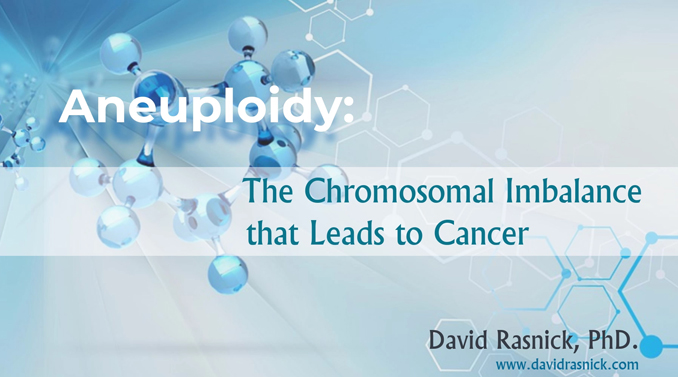
Listen to the MP3 audio file
Transcript:
Read the PDF of Future Science Series: Aneuploidy—The Chromosomal Imbalance that Leads to Cancer with David Rasnick, PhD
By Ulrike Granögger
To date, the prevalent approach to understanding and curing cancer has been to sequence the cancer genome and find the responsible oncogene(s). But this approach has turned out to be futile, with many studies showing great heterogeneity within individual tumors. In fact, no cancer cell is alike; even within the same tumor, gene mutations are variegated and manifold.
The search for the “bad gene” and attempts to correct it by gene-therapeutic methods such as Crispr-Cas9 and mRNA injections are looking like the search for the proverbial needle in the haystack.
There is one thing, however, that all tumors have in common: their chromosomes are out of balance. While normal cells contain a double set of chromosomes (diploid cells), all cancerous cells have more than the usual chromosomes with many of them broken, disproportionate, or missing.
While David Rasnick and Peter Duesberg became famous for their independent thoughts on AIDS, demonstrating that the hypothesis of HIV causing AIDS is wrong, their scientific passion belonged to the field of oncology and the development of the “aneuploidy theory of cancer.”
In this Special Solari Report for our Future Science Series, David Rasnick offers an in-depth explanation of the aneuploidy hypothesis and what it means in terms of current developments in gene-based therapies.
Related:
The Chromosomal Imbalance Theory of Cancer
Inventing and Weaponizing AIDS, Part 1 with David Rasnick






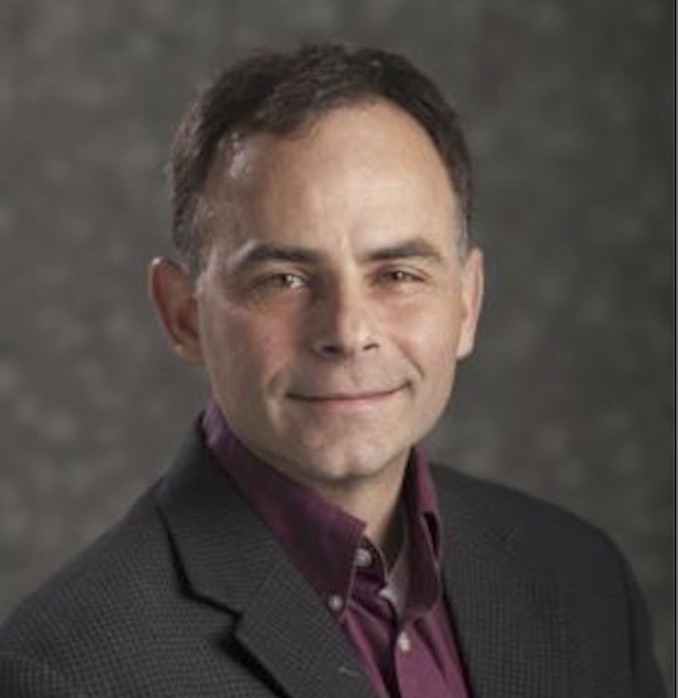

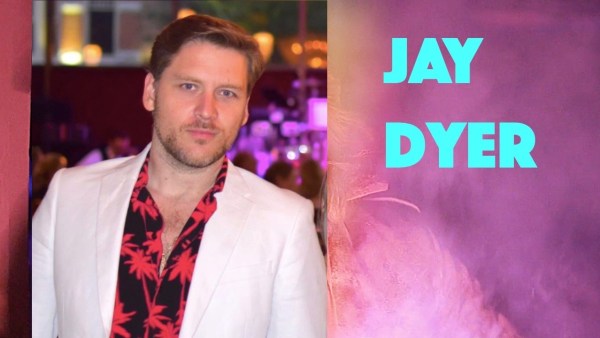
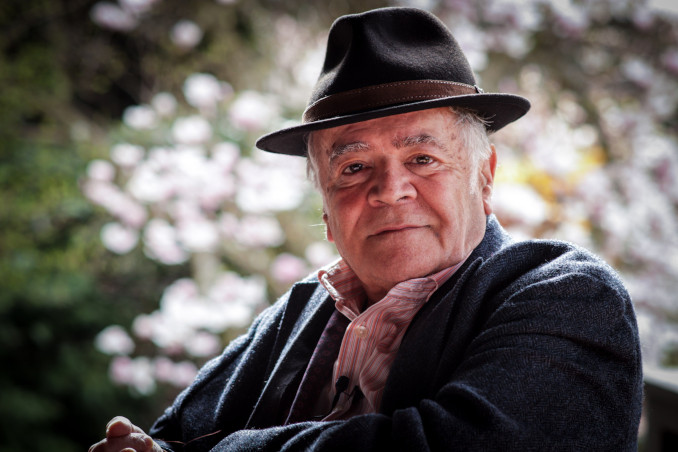

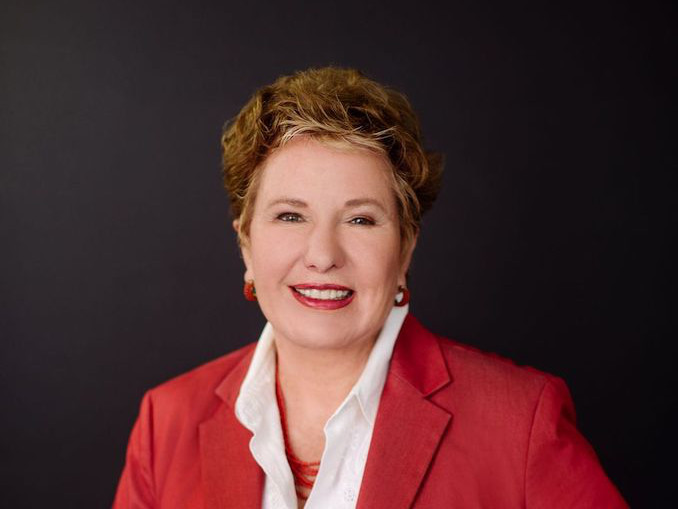
so what happened to the aids discussion?
We started here https://home.solari.com/coming-thursday-inventing-and-weaponizing-aids-part-1-with-david-rasnick/ and then Ulrike and David decided to move ot the Aneuploidy.
Excellent! Thank you.
I have friend who is a university professor teaching finance to business and finance majors at a university in the US. I asked him if they cover the topics of CBDCs, crypto-currencies and block-chain. He said, ‘No.’ I presume it is the same in the natural sciences. If these new ideas and discoveries are not included in the curriculum or discussed at school how long will it take before they become made known to and accepted by the mainstream? Probably generations.
Taken from the CPT (Current Procedural Terminology) Professional Edition 2022, by the American Medical Association, pg. 722, Vaccines and Toxoids:
“The CPT Editorial Panel, in recognition of the public health interest in vaccine products, has chosen to publish new vaccine product (billing) codes prior to approval by the US Food and Drug Administration (FDA). These codes are indicated with the (symbol resembling a lightning bolt) symbol and will be tracked by the AMA to monitor FDA approval status. Once the FDA changes to approval, the symbol will be removed. CPT users should refer to the AMA CPT website (ama-assn.org/cpt-cat-i-vaccine-codes) for the most up to date information on codes with the symbol.”
This is significant and concerning in an ominous, foreboding sort of way
Here’s some examples of the “lightning bolt” bolt vaccines that can be administered and billed prior to FDA approval. (You’ll be told only that you’re getting your flu vaccine, I assume, and will not be told it’s not FDA approved)
90668 Influenza virus vaccine (IIV), pandemic formulation, split virus
90667 Influenza virus vaccine, (IIV), pandemic formulation, split virus, adjuvanted
90671 Pneumococcal conjugate vaccine 15 valent
There are others in the AMA’s CPT coding and billing manual.
Not sure exactly how this works between patient and vaccine administrator. I see no requirement/law/regulation that the patient must be informed that these vaccines have not received FDA approval. Flu, pneumococcal pneumonia, Hepatitis B and a few others seem to fall into pandemic-type guidelines per the WHO. I haven’t seen any press about this. These can be coded in medical billing and so therefor can be tracked, monitored, data aggregated… by their billing code